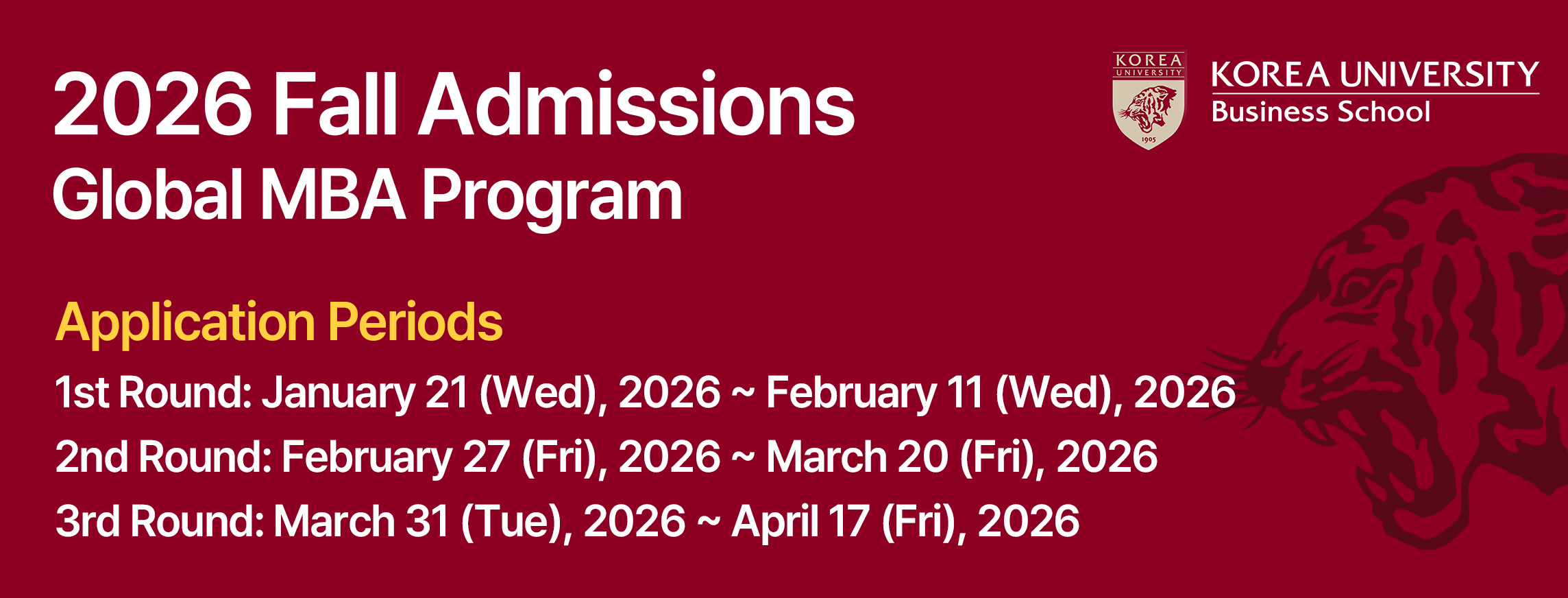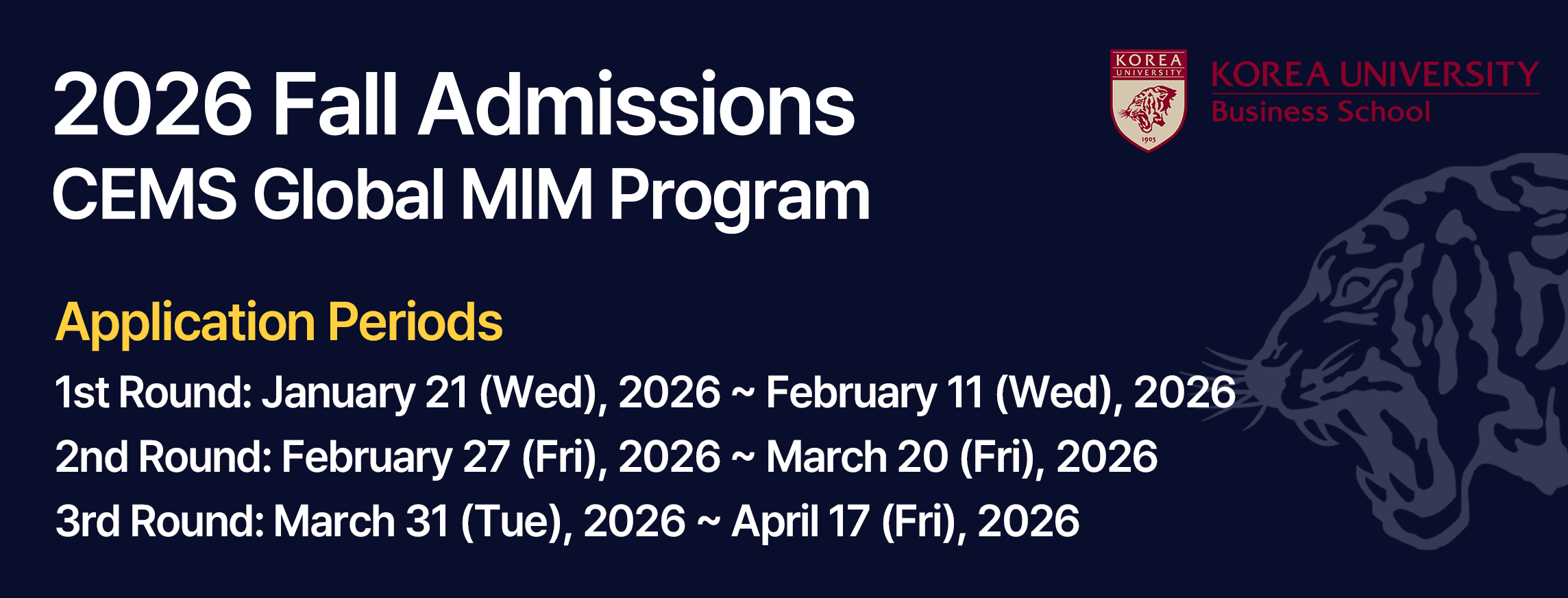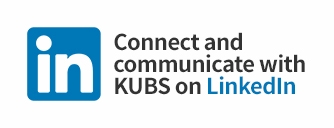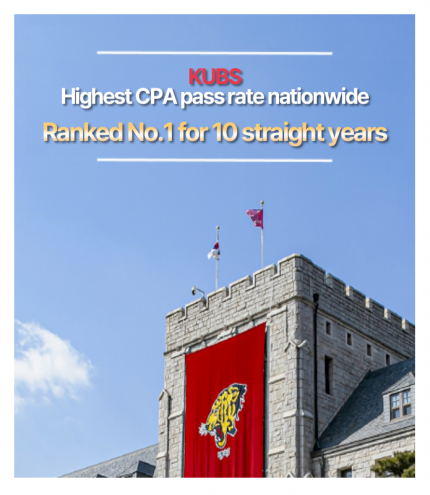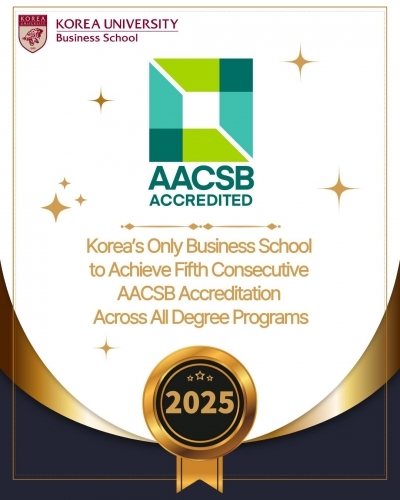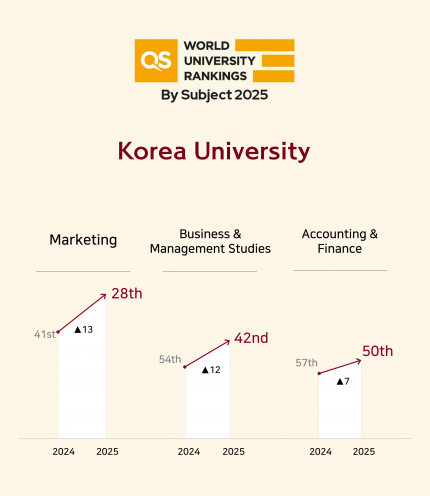
The Era of Zero Development Costs: What Should Startups Prepare For?
The Era of Zero Development Costs: What Should Startups Prepare For?
KUBS Startup Station Explores a New Approach to Entrepreneurship Through ‘Vibe Coding’
In today’s startup landscape, the ability to deliver the right technology exactly where customers need it has become more important than simply possessing technology. Reflecting this shift, the “Startup Essential” course hosted by KUBS Startup Station—together with software developer Malacca—offered practical solutions to one of the most pressing challenges startups face: building an app quickly and at minimal cost.
With web and mobile applications now virtually essential across most industries, the course aimed to guide startups in building their own services while reducing both development costs and staffing burdens. The curriculum was designed as a hands-on program, using AI tools to streamline and accelerate the development process.
Vibe coding—a concept recently highlighted by Andrej Karpathy—refers to a development approach that moves away from traditional coding focused on syntax and writing code line by line. Instead, developers communicate intent and requirements in natural language, while AI takes the lead in implementation. In this model, the core skill is no longer “how well you write code,” but how clearly you articulate what you want to build and why—so that AI can accurately translate your ideas into a working product.
In the past, app development was a major barrier for startups. Building even a basic product typically required a full team—product managers, designers, and both front-end and back-end developers—often pushing initial costs into the tens of millions of won. Rapid advances in AI-powered development tools, however, are now reshaping that equation.
A World Where App Development Costs Are ‘Almost Zero’
To make these changes tangible rather than merely theoretical, the course was structured around hands-on practice in a local development setup. Participants configured a Node.js–based web application environment, set up a project directory, and executed source code step by step—gaining firsthand experience of the core development workflow. They also explored how AI can assist in editing, running, and even controlling the development environment using Antigravity, Google’s AI-powered code editor. Features that were traditionally separate—such as image generation (Nano Banana) and voice command input—were seamlessly integrated into a single workflow, emerging as one of the session’s most notable highlights.
Even without advanced programming expertise, participants were able to describe screen layouts and functional requirements in natural language and have AI implement both front-end and back-end components, carrying the process all the way through to deployment. The exercise demonstrated the scalability and broader potential of vibe coding. As barriers to implementation continue to fall, startups are positioned to test ideas more rapidly and iterate with greater frequency.
The session also introduced the concept of ontology through examples using the IPOs all-in-one system. Rather than focusing solely on functional implementation, an ontology-driven approach structures a service so that AI can understand its underlying concepts and meaning. In other words, before deciding what to build, it becomes essential to organize why it is needed—and embed that logic into the system. This perspective is particularly relevant for startups operating under tight timelines, where rapidly developing MVPs (Minimum Viable Products) and validating market response are critical. The discussion extended beyond creating a minimal feature set, emphasizing the possibility of designing “Minimum Viable Projects”—initiatives that remain executable even with limited resources.
Another emerging concept addressed in the lecture was MCP (Model Context Protocol). MCP is a standardized framework that enables AI agents to connect directly with external systems, expanding AI’s role beyond code generation or user interface design to the execution of real-world service functions. For example, if a startup seeks to integrate payment functionality into its application, it can connect banks or payment gateway providers’ modules—such as APIs or SDKs—through MCP. This approach allows complex integrations to be implemented relatively quickly without building every component from scratch. The case illustrated how vibe coding is evolving beyond rapid prototyping to encompass core business functions, including payments and data processing.
Not a Silver Bullet: The Limits of Vibe Coding and the Need for ‘Classical Processes’
Despite its clear advantages, vibe coding is not without limitations. AI may sometimes perform tasks it was not asked to do or interpret requirements in unintended ways, producing outcomes that diverge from the original intent. Rather than attributing these issues solely to the limitations of AI itself, the session highlighted that many of these challenges stem from how requirements are communicated.
This brought the discussion back to the importance of traditional development processes. From idea generation and intent definition to brainstorming, user journeys, screen flows, use cases, sitemaps, information architecture (IA), functional specification documents (FSD), wireframes, UI specifications, and prototyping, the standard web and app development workflow remains essential for effectively leveraging AI agents.
Ultimately, giving AI clear direction is not about relying on vague intuition; it requires precise, structured documentation. Even in the era of vibe coding, this foundational principle remains unchanged.
Roles Still Needed in the AI Era: ‘Basic Attitude’ and ‘Foundational Language’
The course emphasized that even as AI-driven development environments become more widespread, the roles of developers and product managers remain critical. Referring to the widely used Linux developer mantra “RTFM (Read The Manual),” the instructor noted that teams should not accept AI-generated outputs at face value, but instead review and understand them before moving forward.
Key human responsibilities highlighted included continuously monitoring what the AI is doing, reading error messages and diagnosing their cause, and—when issues arise—going beyond simply requesting a fix to understanding the context and underlying reasons behind the error. Participants were also encouraged to keep learning better implementation approaches and alternative solutions, and to broaden their perspectives through publicly available practical content such as YouTube tutorials.
In addition, even in vibe coding environments, a basic understanding of planning and development terminology remains essential. Knowing the names of layout elements, component-level terms, and fundamental HTML tags enables teams to communicate requirements more precisely to AI. In other words, regardless of professional coding ability, a minimum shared vocabulary is necessary to describe how a service’s screens and functions should be structured.
Finally, the course noted that rather than overwhelming AI with many requirements at once, it is often more effective to break tasks into stages and proceed sequentially. In web and app development, moving step by step—starting with structural design, followed by screen layout, and then functional implementation—makes it easier to revise requirements, refine outputs, and reduce unnecessary errors.
Vibe Coding: A Practical Breakthrough for Early-Stage Startups
The significance of this Startup Essential session lies in its emphasis on building immediate, actionable capabilities for portfolio startups. KUBS Startup Station designs its lectures and curricula around the real needs of the startups it supports, providing tools and knowledge that can be applied directly in practice rather than remaining theoretical.
In an era when virtually every business requires an app, the session offered a practical path forward for early-stage startups that have postponed implementation due to development costs. By strategically leveraging AI, startups can build services independently and conduct rapid experiments without relying on outsourcing or large engineering teams.
The message of the vibe coding session was clear: what matters today is not how many technologies a startup possesses, but what it aims to build—and how clearly it can communicate that intent. Through its execution-oriented education and support, KUBS Startup Station is establishing a foundation that enables portfolio startups to stay ahead of technological change. The institute plans to continue offering educational programs that reflect startups’ growth stages and practical needs.
2026.02.12국제실




